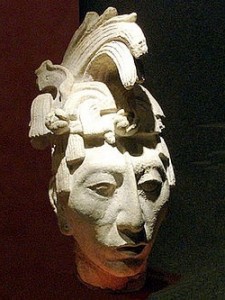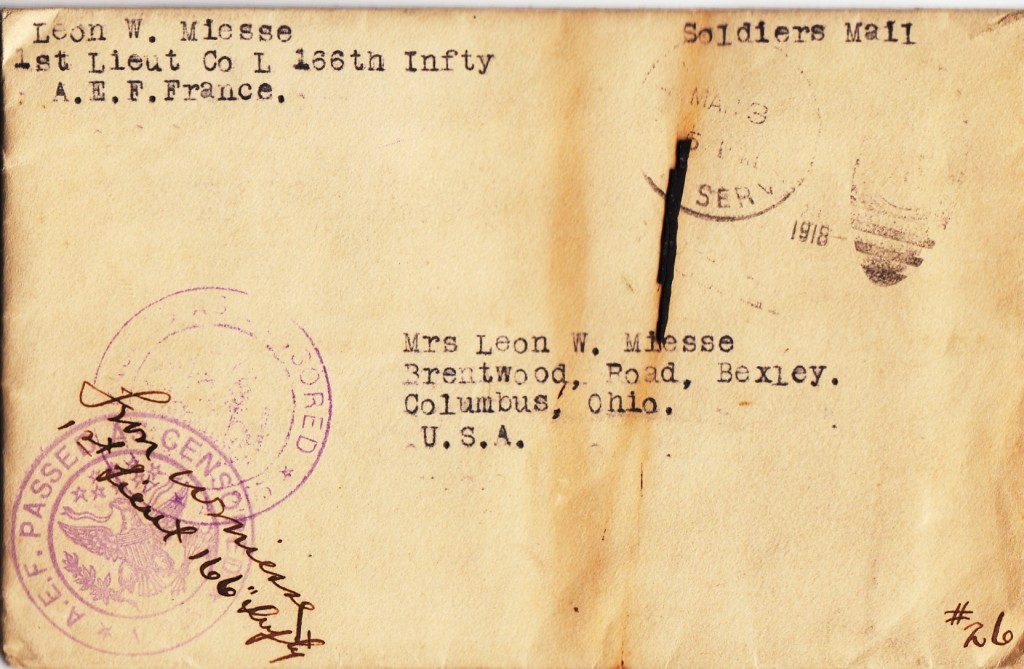
Three score years of rules and experience. Most rules broken, most experience wasted. But there’s a residue of conviction. (Mrs. IP didn’t like the original pic.)
I’m very far from being a priest or rabbi. Of the Ten Commandments, I have broken most of them. I cannot stomach the notion that the Holy Bible is somehow the literal truth of history in the tiny segment of time in which humans have attempted to record their deeds, their beliefs, and their truths. But do I believe the Bible is somehow true?
I am entitled to a whack at that question, because as a writer, bibles have been my business to a greater extent than most. I’ve written at least two and possibly a third in camouflage.
The answer is yes. The Holy Bible is truth revealed, however it was done, which remains a mystery. Its purpose is not to be a million word piece of legislation like, say, ObamaCare, that imposes answers to all questions before they are asked. It is meant as a light that shows us ourselves as we tend to be and illuminates a path toward better lives. Bibles shouldn’t be measured in terms of facts as CBS and the Washington Post define them but in terms of their candlepower.
How much brighter can we be in appraising our choices and decisions? The source of the animating candle is not as important as what we can learn from its glow. The source of that glow is everyone’s choice to make depending on what he has derived from it.
I personally don’t care how you define God or even if you believe in him. If you don’t, you do have the additional obligation of explaining where the idea of him originated, especially given that he seems to have come up with rules that are so very hard for everyone to live by, including the most powerful and talented among us. How did we evolve from the semi-animal view of the human laborer as beast of burden and disposable property to the conception that all people possess a soul and a right to a direct, transcendent connection with the almighty, however imagined?
It wasn’t rational. Economics, political power, nation state prosperity all favored the definition of ordinary people as chattels of the gifted, well born, or otherwise blessed. The Egyptian and Roman models were spectacularly successful. The precociously intellectual model of the Greeks foundered early on. Their empire was an ephemeral dream that died with the sociopathic Alexander. Why feudalism persisted well into the nineteenth century in nations as “advanced” as Italy and Germany.
A true understanding of the Bible could have prevented so much. And, yes, I’m calling shenanigans on everything evil that was supposedly done in the name of the Bible after its Old Testament publication and its subsequent New Testament update by the Council of Nicaea. People take a long time to learn anything.
Why I spoke earlier in terms of candlepower rather than Watts. Here’s where I begin. I have never once benefited personally — in terms of happiness, satisfaction, or peace of mind — from a single time I broke one of the Ten Commandments. Every single instance has brought me grief, regret, unintended consequences, and loss of self-respect. Not because I broke a commandment. But because the commandments are right. I’m 60 now. Which makes me a quick learner, I suspect.
How did a nomadic tribe of, by their own account, opportunistic invaders and killers manage to identify such vital keys to life?
Does it matter? Not until you start to perceive the anachronistic wisdom of their so-called God.
That’s how I’m suggesting we should learn to read the Bible. There are at least two astonishing things about the Old Testament. First, that morality makes such an early appearance in the story of a hard-scrabble desert tribe. Second, that there is so much literary if not strictly factual honesty in their accounts of their own history. Every conceivable kind of crime and barbarism is rendered in detail. Divine revelation or compulsive self-revelation? Murder, treachery, incest, envy, lust, treachery, persecution, stupidity, hubris, and more treachery, always with their own ill consequences, not just the judgments of the prophets and the punishments of God. (Read The Viking epic King Harald’s Saga from at least a thousand years later. Same plot. No remorse.)
It’s a portrait of a people struggling oh so fallibly toward the thing we take for granted, modern consciousness. What set them on that path? They had no algebra, no physics, no discipline of logic, no telescopes, no medicine, no science of the mind or emotions. But they divined the importance of virtue as the ideal outcome of the battle between good and evil. How did they do that?
To drive home the fact of anachronism, consider the Book of David. Maybe contemporaneous with Homer, who was more Beowulf than Shakespeare. David was Shakespeare about two millennia early. Not being glib. T-h-i-n-k about it. If you have the knowledge, context, and mental capacity to….
It is the contrast that provides the spark that should light the light. In its sequence of events, Israel is every other ancient civilization more than not. Despots and fools and builders and destroyers. Against this is the tug of an aspiration not found in their antecedents and peers. The moral glue of their aspiration enabled them to survive where every other imperiled civilization couldn’t, their absolute subjugation by a ruthless occupying empire.
Which caused them to up the ante.
It’s become fashionable to assign Jesus to a category of resurrected gods that includes Osiris and Dionysius. Malarkey. Those gods didn’t return from the dead for any altruistic purpose. They were akin to the concept of spring. Not the moral salvation of all the worshipers.
Jesus is a unique figure, fundamentally unlike Osiris or even Buddha. He was conceived as God made man. Picture the equality sign in your heads. Man made God. Ordinary man made divine. That was the revelation and the revolution. That was the breakthrough.
Jesus was not here to ask us to die in imitation of him. He was here to say that he had already died for us, which freed us to live and think and be and hold our own communion with the greater meaning of life.
He reduced the Ten Commandments to two. Not because the Ten were no longer operative, but because he was, like fathers who give away their daughters at weddings, telling us that he trusted us to make our own decisions now, that he was prepared to forgive our errors as long as we remembered where we came from and how we had been raised. All those errors were already paid for if we could just remember who we were supposed to be.
You can call it a fable if you want. Like one of Kipling’s Just So Stories. You can blame the fable for the continual failures of the brides to justify daddy’s confidence. But what you can’t do is wash away the murderous record of the human societies that have attempted to rule the daddy fable out of the story.
Their record is not only catastrophic but inhuman and monstrous. Their defense is rational philosophy.
But the first rule of Instapunk is that rationality unleavened by truth is the surest road there is to calamity.
Turning and turning in the widening gyre
The falcon cannot hear the falconer;
Things fall apart; the centre cannot hold;
Mere anarchy is loosed upon the world,
The blood-dimmed tide is loosed, and everywhere
The ceremony of innocence is drowned;
The best lack all conviction, while the worst
Are full of passionate intensity.
Now we are reaching the crisis. Things are not falling apart. They are flying apart. The people who are smarter than all the ancient notions of God are in control. They have forgotten everything that enabled Mankind to emerge from the blood of Assyrian massacres. And they WILL kill us all with their rational omniscience.
P.S. For those who are the noticing kind, that was not my first selfie. This was.

Pacal. I was younger and fitter then. A punk with clout. Still had my Mohawk.










Recent Comments